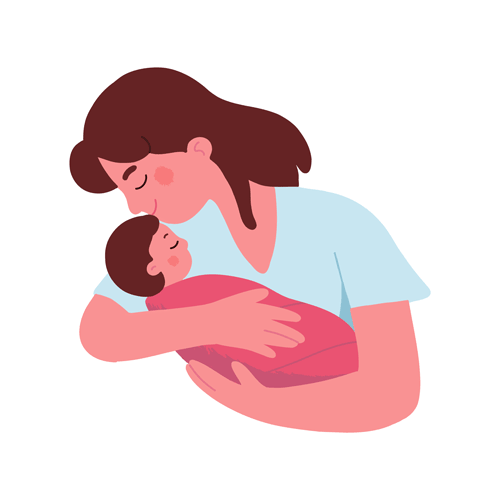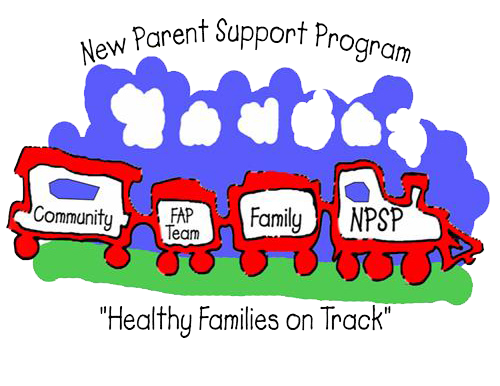What are some common challenges that new mothers face during the post-natal period?
As I reflect on my own journey as a new mother, I am reminded of the overwhelming challenges that come with this life-changing experience. One of the most significant hurdles I faced was physical recovery - the pain, fatigue, and discomfort that lingered long after giving birth. I recall feeling like my body had been put through a wringer, and the simplest tasks, like walking or lifting, felt like monumental challenges. In my view, it's essential to acknowledge that every woman's recovery process is unique and may require varying levels of support and care.
Emotional distress is another common challenge that new mothers face, often manifesting as anxiety, depression, or feelings of isolation. I've seen friends and family members struggle to cope with the pressure of caring for a newborn, and it's heartbreaking to witness. Some common emotional challenges include:
- Feeling overwhelmed by new responsibilities
- Struggling to bond with the baby
- Experiencing mood swings or irritability
- Worrying about the baby's health or well-being
It's crucial to recognize that these emotions are valid and deserving of attention, rather than being dismissed as mere "baby blues."
Adjusting to new responsibilities is a significant challenge that new mothers face, as they navigate the complexities of caring for a tiny human. This can include:
| Responsibility |
Description |
| Feeding and nutrition |
Deciding on breastfeeding, formula-feeding, or a combination of both, and ensuring the baby is receiving adequate nutrition |
| Sleep and routine |
Establishing a sleep schedule, creating a daily routine, and finding ways to manage sleep deprivation |
| Hygiene and safety |
Ensuring the baby's environment is clean and safe, and taking steps to prevent accidents or injuries |
I recall feeling like I was in way over my head, trying to balance these responsibilities while also caring for my own physical and emotional well-being.
In my experience, comprehensive post-natal support and self-care are essential for navigating these challenges. This can include:
- Reaching out to healthcare providers, therapists, or support groups for guidance and emotional support
- Prioritizing self-care activities, such as exercise, meditation, or hobbies
- Building a network of friends, family, or fellow mothers for connection and community
- Being kind and compassionate towards oneself, and acknowledging that it's okay to not have all the answers
As I look back on my own journey, I am reminded that the post-natal period is a time of great vulnerability, but also great opportunity for growth and transformation. As we support and care for new mothers, let us remember that their well-being is not just a personal concern, but a societal one - for the health and happiness of our communities depend on it.
How can I support a new mother in my life who is experiencing postpartum depression?
As I reflect on my experiences with loved ones who have struggled with postpartum depression, I'm reminded of the importance of providing unwavering support during this challenging time. In my view, supporting a new mother with postpartum depression requires a multifaceted approach that prioritizes empathy, encouragement, and practical assistance. It's essential to create a safe and non-judgmental space where she feels comfortable opening up about her feelings and emotions. By doing so, we can help her build the confidence to seek help and work towards recovery.
One of the most critical aspects of supporting a new mother with postpartum depression is listening without judgment. This means allowing her to express her thoughts and feelings without interruption or criticism. I recall a situation where a close friend was struggling with postpartum depression, and she felt like she was a burden to her family and friends. By listening to her concerns and validating her emotions, I was able to help her feel heard and understood. Some key things to keep in mind when listening to a new mother with postpartum depression include:
- Avoid making assumptions or offering unsolicited advice
- Focus on providing emotional support and validation
- Encourage her to express her feelings and thoughts without judgment
In addition to listening without judgment, it's crucial to encourage the new mother to seek professional help. This can include therapy, counseling, or support groups specifically designed for postpartum depression. I've seen firsthand the positive impact that professional help can have on a new mother's recovery, and I strongly believe that it's essential for anyone struggling with postpartum depression. Some ways to encourage a new mother to seek professional help include:
- Offer to help her find a therapist or support group
- Accompany her to appointments or meetings
- Remind her that seeking help is a sign of strength, not weakness
Practical assistance with daily tasks is also vital for supporting a new mother with postpartum depression. This can include helping with household chores, cooking meals, or caring for the baby. By taking some of these responsibilities off her plate, we can help reduce her stress and anxiety levels, allowing her to focus on her recovery. Here are some examples of practical assistance that can be offered:
| Task |
How to Help |
| Household Chores |
Offer to help with laundry, cleaning, or grocery shopping |
| Cooking Meals |
Prepare meals in advance or offer to cook dinner |
| Caring for the Baby |
Offer to watch the baby while she rests or attends appointments |
As I look back on my experiences with loved ones who have struggled with postpartum depression, I'm reminded of the importance of patience, empathy, and understanding. Supporting a new mother with postpartum depression is a journey that requires commitment, compassion, and dedication. In my opinion, the most critical thing we can do is be present for her, without judgment or expectation, and allow her to heal at her own pace. As we navigate this journey together, I'm left with a profound sense of hope and renewal, and the knowledge that with the right support, any new mother can overcome postpartum depression and thrive.





